In the race of life, hurdles are inevitable, but for Ryan Brathwaite, it’s how he cleared them that crowned him Athlete of the Year.
After a heart-stopping stumble at the start, he didn’t just regain his balance—he soared, leaving competitors in his wake at the World Track and Field Championships.
His victory wasn’t just a win for him; it was a triumph for Barbados, casting a long shadow of pride across the Caribbean Sea.
As Brathwaite’s story unfolds, it’s clear he’s more than a sprinter—he’s a symbol of resilience, inspiring a nation and challenging the sporting world to appreciate the diverse tales of glory within its ranks.
The Pivotal Race
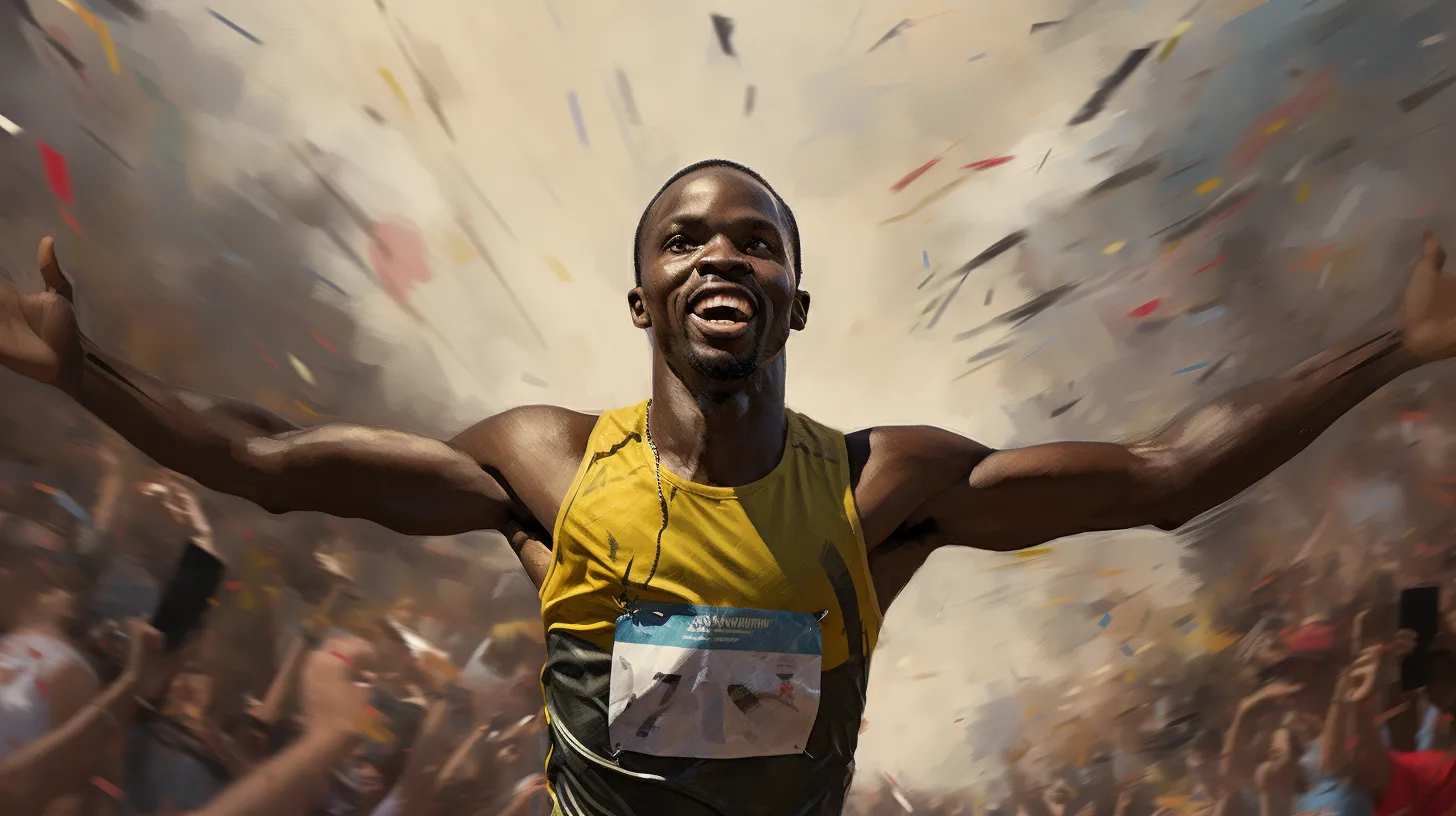
Shane Brathwaite’s career took off when he clinched the gold medal in the 110-meter hurdles at the Pan American Games in Lima, Peru. His record-breaking performance resonated far beyond the race track, marking a moment of historical significance for Barbados.
As the first Barbadian athlete to capture Pan American gold, Brathwaite’s victory wasn’t just a personal triumph but a national milestone.
This inspirational journey garnered international recognition, shining a spotlight on the prowess of Caribbean athletes in the global arena. Brathwaite’s success became a beacon, inspiring future athletes with the message that perseverance and dedication could lead to the pinnacle of sporting achievement.
The impact of his victory rippled through the athletic community, signaling to young hopefuls that they, too, could reach such heights. Brathwaite’s win was a testament to the potential within each competitor and a reminder that barriers are there to be overcome.
His accolade as Senior Male Athlete of the Year for the third consecutive year underscored the consistency and excellence that Brathwaite brought to the sport, setting a standard for aspiring track and field stars.
Overcoming Early Setbacks
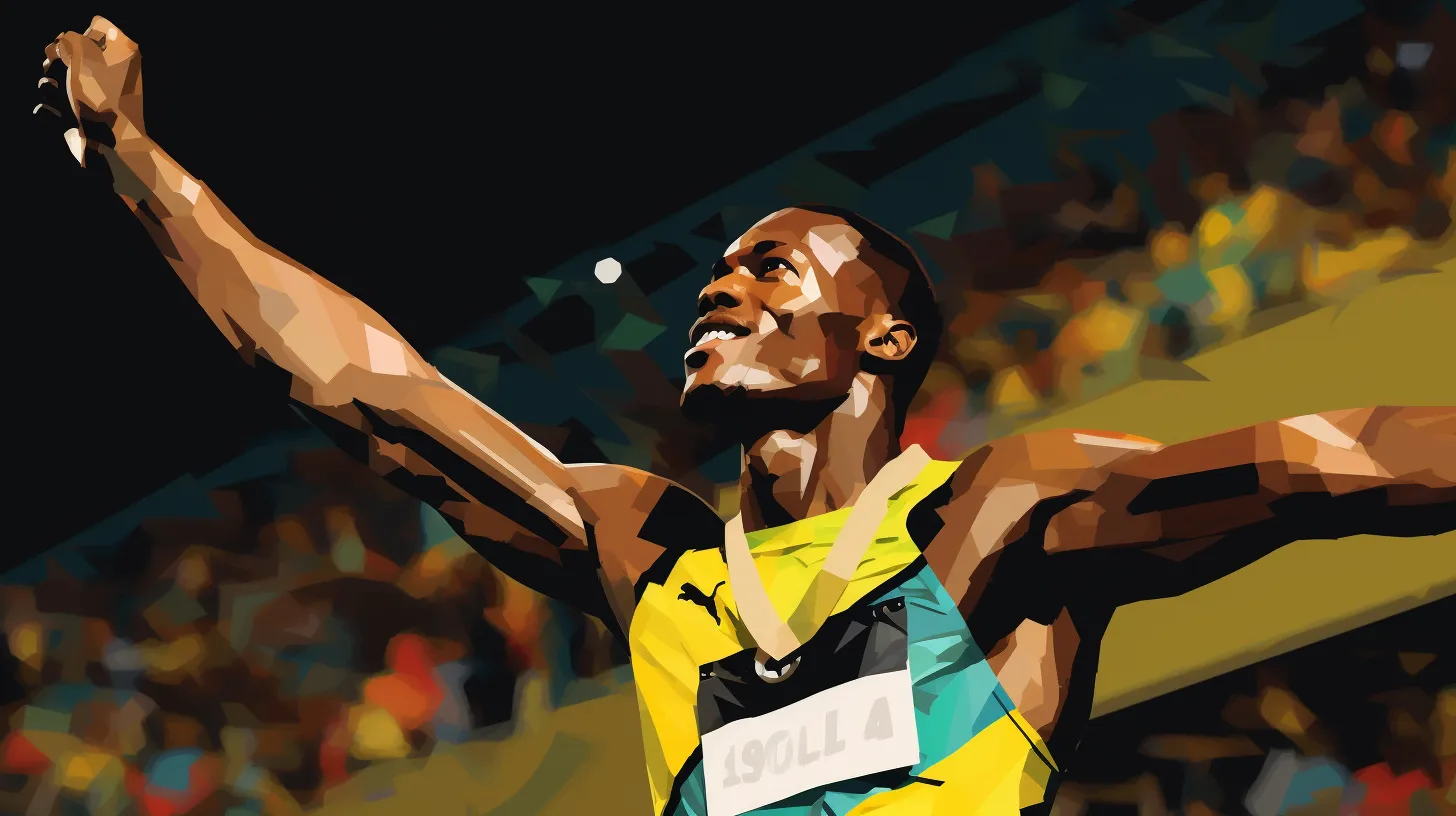
He’s proven that stumbling blocks can be stepping stones, as Ryan Brathwaite’s comeback after hitting the first hurdle ultimately led to his crowning as Athlete of the Year.
His journey to the top was one of sheer grit and unyielding determination. Brathwaite’s resilience showcased his remarkable ability to bounce back from adversity, and his story became a beacon of hope for aspiring athletes.
This historic achievement by Brathwaite illuminated the potential for success despite early challenges. It underscored the importance of sports development, which relies not only on the talent and perseverance of athletes but also on the infrastructure support they receive.
With the government’s focus on redeveloping the National Stadium and its athletic track, there’s a clear commitment to nurturing talent and providing the necessary facilities for athletes to thrive.
Moreover, Brathwaite’s win serves as an inspiration for athletes who face similar setbacks. His example demonstrates that with enough resolve, barriers can be overcome, setting the stage for greatness.
As an athlete who’s repeatedly surmounted obstacles, Brathwaite’s accolades resonate profoundly with his peers, encouraging them to strive for excellence even when the odds seem stacked against them.
National Pride Ignited
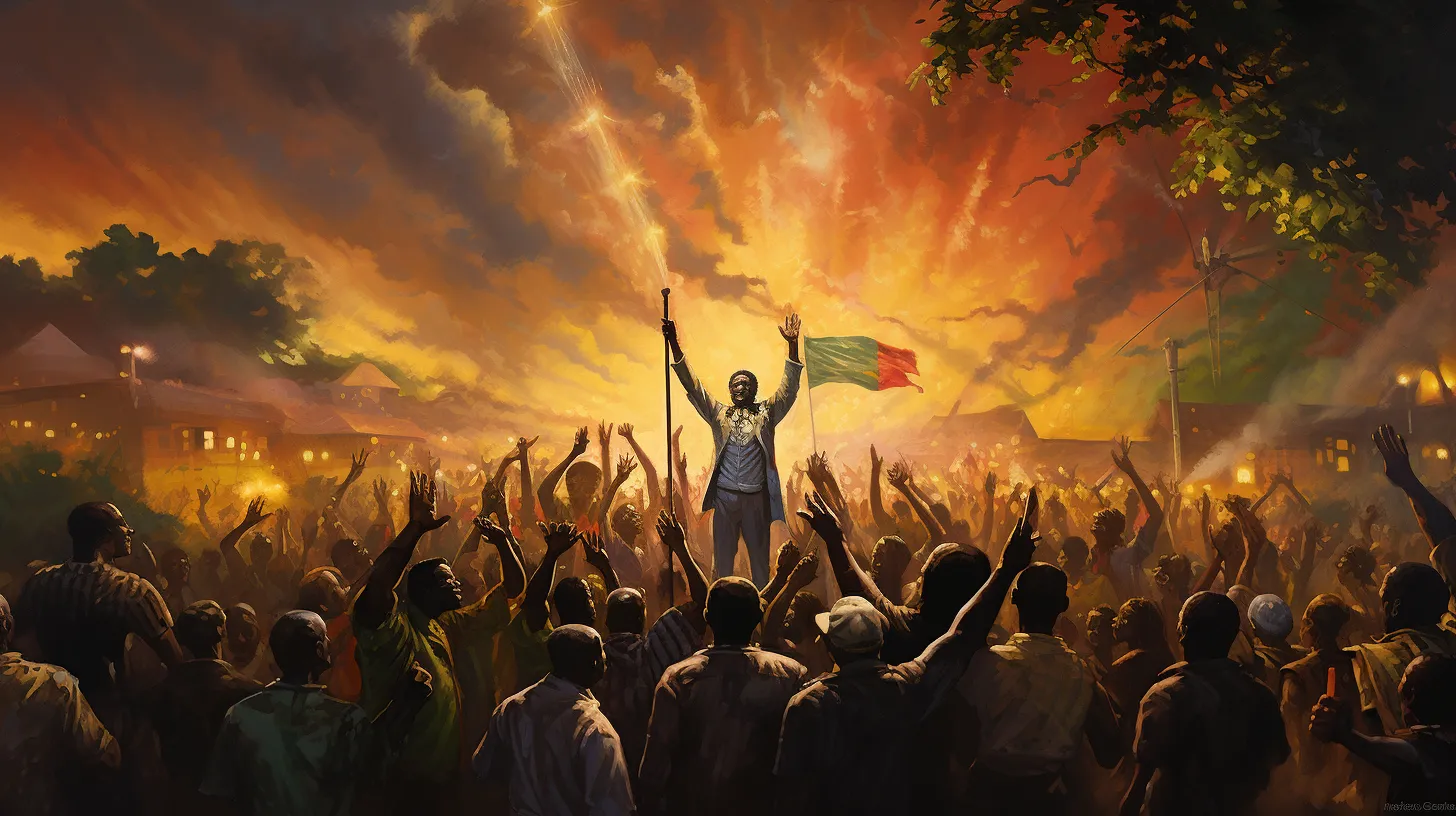
Ryan Brathwaite’s landmark victory not only underscored his personal resilience but also ignited a wave of national pride across Barbados. His triumph at the World Track and Field Championships became a beacon of national unity, with Bajans from all walks of life joining together in celebration.
The astounding performance stirred community celebrations, where the streets buzzed with the chants and cheers of an elated nation.
The government’s support shone brightly in this moment of glory. The $40,000 cash award from the Barbados Olympic Association, funded in part by the gaming industry’s tax, signified a tangible commitment to honoring sporting achievements. Such accolades underscored the value placed on sports as a pillar of national identity and pride.
Moreover, Ryan’s success served as a powerful inspiration for youth, demonstrating the heights they could reach with determination and skill. His story, from hitting the first hurdle to clinching gold, resonated with young Bajans, fueling their dreams and aspirations in athletics and beyond.
Plans to redevelop the National Stadium further reflect the government’s dedication to nurturing talent, ensuring that the flames of passion for sports and the unity it fosters remain a lighthouse for the nation’s future.
Media Influence Examined
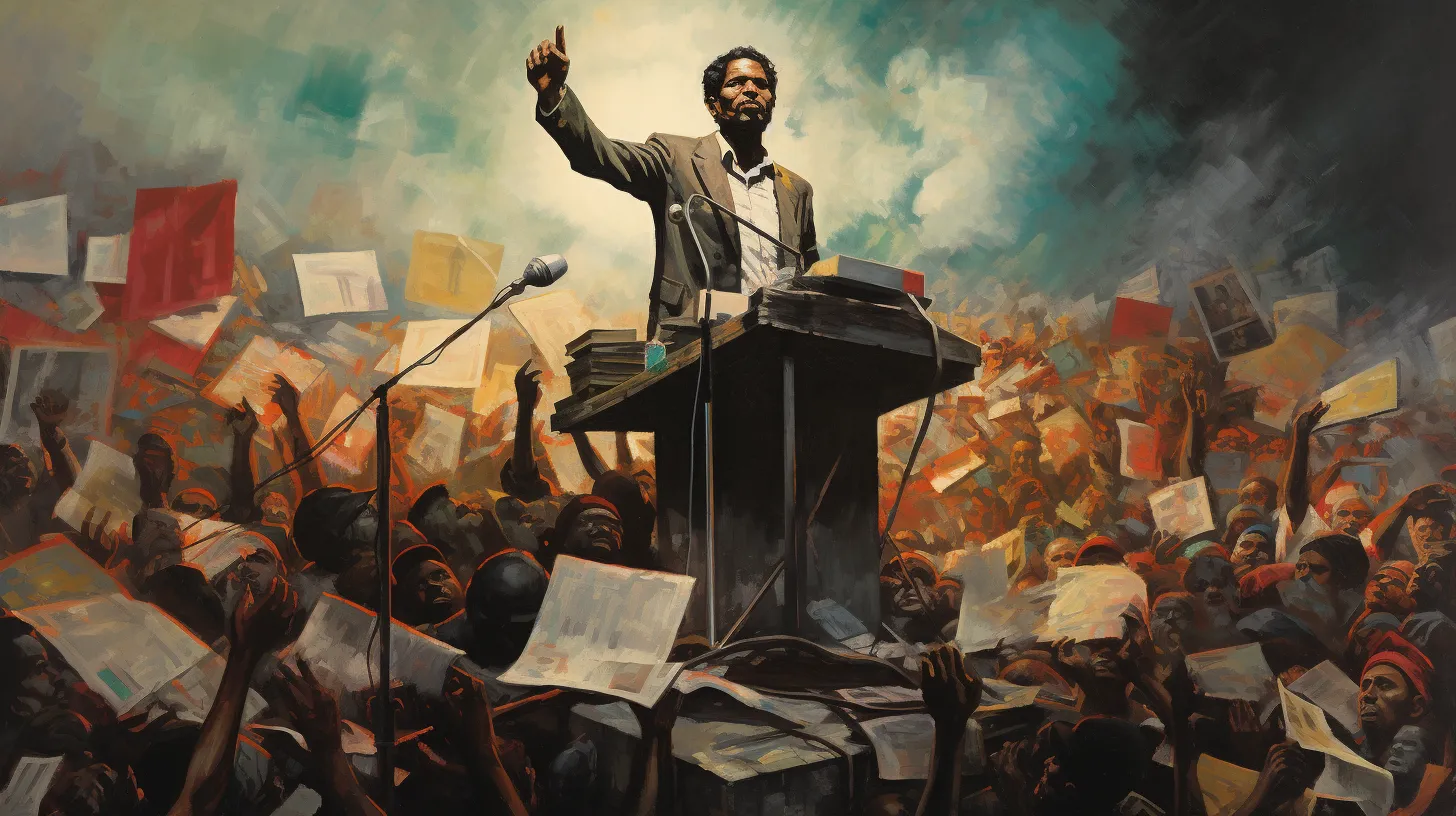
Television broadcasts and social media platforms played a pivotal role in amplifying Ryan Brathwaite’s triumph as Athlete of the Year to a global audience.
Media representation of his achievement not only celebrated his victory but also significantly influenced public perceptions of Caribbean athletes. It’s clear that the role of social media was crucial in propelling Brathwaite’s story beyond the Caribbean Sea and into the hearts and screens of sports enthusiasts worldwide.
Coverage of underrepresented athletes like Brathwaite often lacks the breadth and depth afforded to their more recognized counterparts. Yet, in Brathwaite’s case, his compelling narrative of resilience overcame this hurdle, inviting a broader conversation about the media’s responsibility to diversify their sports coverage.
This increase in visibility also has a tangible impact on sponsorship opportunities for athletes. With Brathwaite’s win, sponsors are more likely to take notice and invest in athletes from smaller nations, recognizing the global appeal and inspirational power of their stories.
The media’s portrayal of Brathwaite’s success story serves as a beacon, signaling the potential for a more inclusive approach to sports journalism and the celebration of athletes from all corners of the world.
Celebration Controversies
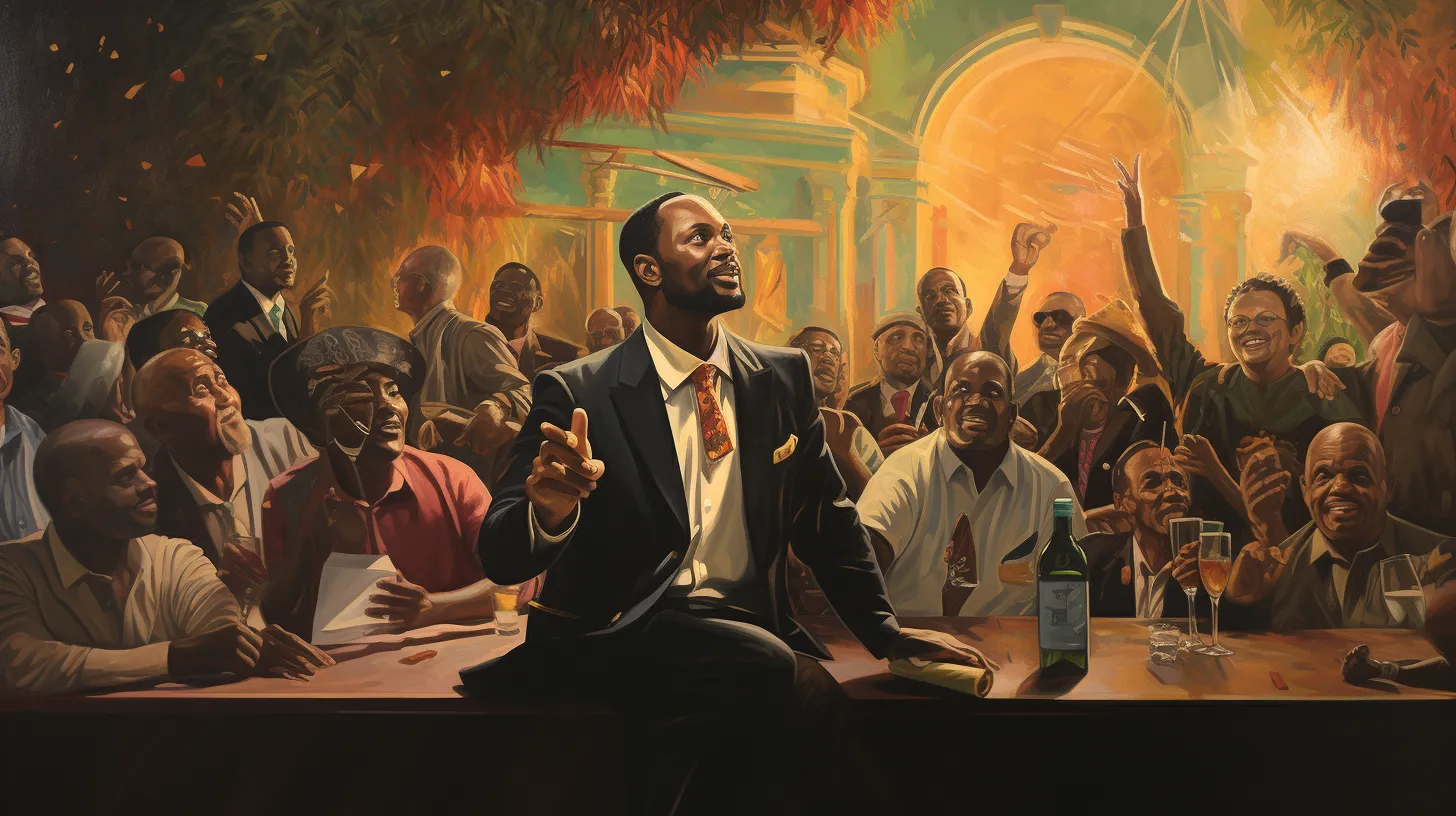
While Brathwaite’s victory was a cause for jubilation, it also sparked a debate involving the celebration antics of several athletes, including Usain Bolt’s exuberant displays that drew criticism from top Olympic officials.
Bolt’s criticism was particularly notable because Jacques Rogge, the head of the International Olympic Committee, publicly expressed his disapproval of Bolt’s post-race celebrations, which some people viewed as being unsportsmanlike.
The controversy didn’t stop there. Disagreement among officials became evident when Lamine Diack, head of the International Association of Athletics Federations, countered Rogge’s viewpoint, defending the sprinter’s right to celebrate.
This clash of opinions exposed a rift within the athletic community over how victory celebrations should be conducted.
Further into the fray stepped Jamaica’s Prime Minister, Bruce Golding. He offered a prime minister’s defense of Bolt’s actions, arguing that the sprinter’s joyful expressions were harmless and a part of his charismatic persona. Golding’s stance brought political weight to the debate, highlighting the national pride at stake.
Additionally, these controversies raised concerns about the differential treatment they emphasized. Comparisons were drawn between Bolt’s celebrations and those of other athletes, like Tia Hellebaut, whose jubilations were met with less scrutiny. The situation underscored an inconsistency in the perception and treatment of athletes’ celebratory behavior.


